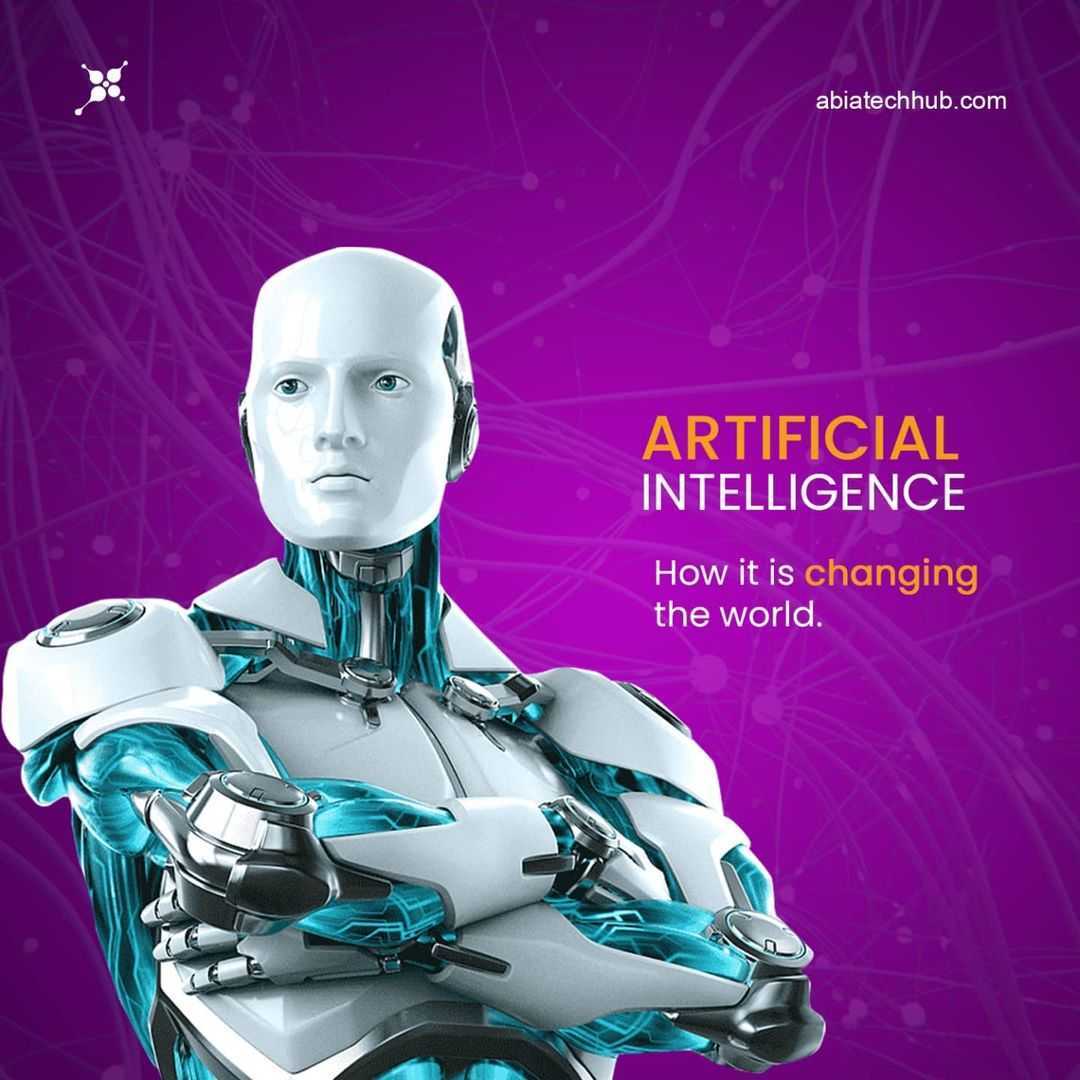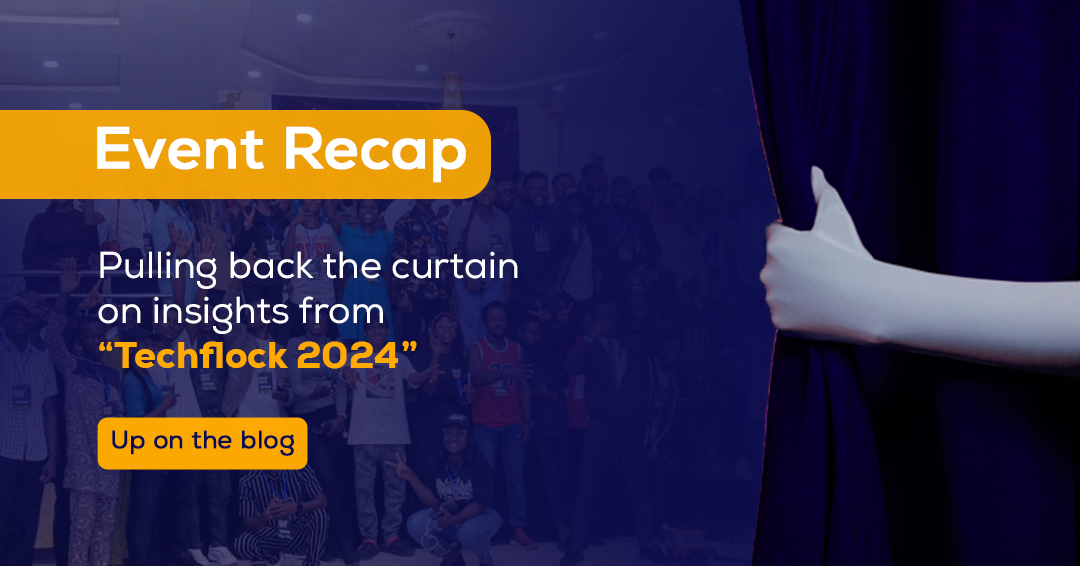AI AND HOW IT IS CHANGING THE WORLD
Artificial Intelligence widely known as AI has gone from a science-fiction dream to a critical part of everyday lives. Despite its lack of familiarity, it is transforming every walk of life, from the research we do down to what we order to our doorstep. Over one-third say they are comfortable with AI used by businesses, while just under one-third say they aren't. And then another third say they just don't know yet. Though most people are not very familiar with the concept of AI, it is being accepted and embraced by a greater number of individuals, businesses, and governments, and it is shaping the future of humanity across nearly every industry. One of the reasons for the growing role of AI is the tremendous opportunities for economic development that it presents.
ARTIFICIAL INTELLIGENCE
Artificial Intelligence (AI) is intelligence demonstrated by machines, as opposed to the natural intelligence displayed by animals including humans. It is the ability of a digital computer or computer-controlled robot to perform tasks commonly associated with intelligent beings. AI has been said to be able to attain the performance levels of human experts and professionals in performing certain specific tasks, such as Medical diagnosis, computer search engines, and voice or handwriting recognition. AI can also be seen as a wide-ranging tool that enables people to rethink how we integrate information, analyze data, and use the resulting insights to improve decision-making.
HOW DID AI COME TO BE?
The earliest substantial work in the field of artificial intelligence was done in the mid-20th century by the British logician and computer pioneer Alan Mathison Turing. In 1935 Turing described an abstract computing machine consisting of a limitless memory and scanner that moves back and forth through memory, symbol by symbol, reading what it finds and writing further symbols. The earliest successful AI program was written in 1951 by Christopher Strachey, with other upgrades coming down the line.
The ability to reason logically is an important aspect of intelligence and has been a major focus of AI research.
AI AND ITS GLOBAL IMPACT
Most countries have only just begun to think seriously about their own AI Future, with the majority of the world’s larger economies having only announced their AI initiatives in 2017 and 2018. Technologically advanced countries could become the de facto guardians of AI, ensuring that significant resources are devoted to its development on a long-term basis. AI operates in an intentional, intelligent, and adaptive manner.
-
Intentionality; AI algorithms are designed to make decisions, often using real-time data. Using sensors, digital data, or remote inputs, they combine information from a variety of different sources, analyze the materials instantly and act on the insights derived from those data.
-
Intelligence; AI generally is undertaken in conjunction with machine learning and data analytics.
-
Adaptability; AI systems can learn and adapt as they make decisions. For example, their advanced algorithms, sensors, and cameras incorporate experience in current operations and use dashboards and visual displays to present information in real time to drivers.
HOW AI IS CHANGING THE WORLD
There are numerous examples where AI already is making an impact on the world and augmenting human capabilities in significant ways. AI is no longer a futurist vision, but rather something that is here today, and being integrated with and deployed in a variety of sectors such as; finance, security, healthcare, criminal justice, transportation, and smart cities.
-
Finance: Decisions about loans are now being made by software that can take into account a variety of finely parsed data about a borrower, rather than just a credit score and a background check.” In addition, there are so-called Robo-advisers that “create personalized investment portfolios, obviating the need for stockbrokers and financial advisers. These advances are designed to take the emotion out of investing and undertake decisions based on analytical considerations and make these choices in a matter of minutes.
-
Security: AI plays a substantial role in national defense. Through its Project Maven, the American military is deploying AI “to sift through the massive troves of data and video captured by surveillance and then alert human analysts of patterns or when there is abnormal or suspicious activity.” According to Deputy Secretary of Defense Patrick Shanahan, the goal of emerging technologies in this area is “to meet our warfighters’ needs and to increase the speed and agility of technology development and procurement.”
-
Healthcare: AI tools are helping designers improve computational sophistication in health care. For example, Merantix is a German company that applies deep learning to medical issues. It has an application in medical imaging that “detects lymph nodes in the human body in Computer Tomography (CT) images.” According to its developers, the key is labeling the nodes and identifying small lesions or growths that could be problematic. Humans can do this, but radiologists charge $100 per hour and may be able to carefully read only four images an hour. If there were 10,000 images, the cost of this process would be $250,000, which is prohibitively expensive if done by humans.
-
Criminal Justice: AI is being deployed in the criminal justice area. The city of Chicago has developed an AI-driven “Strategic Subject List” that analyzes people who have been arrested for their risk of becoming future perpetrators. It ranks 400,000 people on a scale of 0 to 500, using items such as age, criminal activity, victimization, drug arrest records, and gang affiliation. In looking at the data, analysts found that youth is a strong predictor of violence, being a shooting victim is associated with becoming a future perpetrator, gang affiliation has little predictive value, and drug arrests are not significantly associated with future criminal activity. Judicial experts claim AI programs reduce human bias in law enforcement and lead to a fairer sentencing system.
-
Transportation: Transportation represents an area where AI and machine learning are producing major innovations. Autonomous vehicles—cars, trucks, buses, and drone delivery systems—use advanced technological capabilities. Those features include automated vehicle guidance and braking, lane-changing systems, the use of cameras and sensors for collision avoidance, the use of AI to analyze information in real-time, and the use of high-performance computing and deep learning systems to adapt to new circumstances through detailed maps.
-
Smart Cities: Metropolitan governments are using AI to improve urban service delivery. Several metropolitan areas are adopting smart city applications that use AI to improve service delivery, environmental planning, resource management, energy utilization, and crime prevention, among other things. For its smart cities index, the magazine Fast Company ranked American locales and found Seattle, Boston, San Francisco, Washington, D.C., and New York City as the top adopters. Seattle, for example, has embraced sustainability and is using AI to manage energy usage and resource management.
According to the reports, AI will be better than human beings at translating languages by 2024, promoting items by 2031, and conducting surgical procedures by 2051. The increasing penetration of AI into many aspects of life is altering decision-making within organizations and improving efficiency. At the same time, though, these developments raise important policy, regulatory, and ethical issues. Artificial Intelligence’s impact on society is widely debated. Many argue that AI improves the quality of everyday life by doing routine and even complicated tasks better than humans can, making life simpler, safer, and more efficient, which on one hand can be a good thing. Others argue that AI poses dangerous privacy risks, algorithmic bias caused by bad data, socioeconomic inequality, market volatility, and weapons automatization, exacerbates racism by standardizing people, and costs workers their jobs, leading to greater unemployment, which on the other hand is a threat to humanity.
Post By;
Marlene Anukam.




